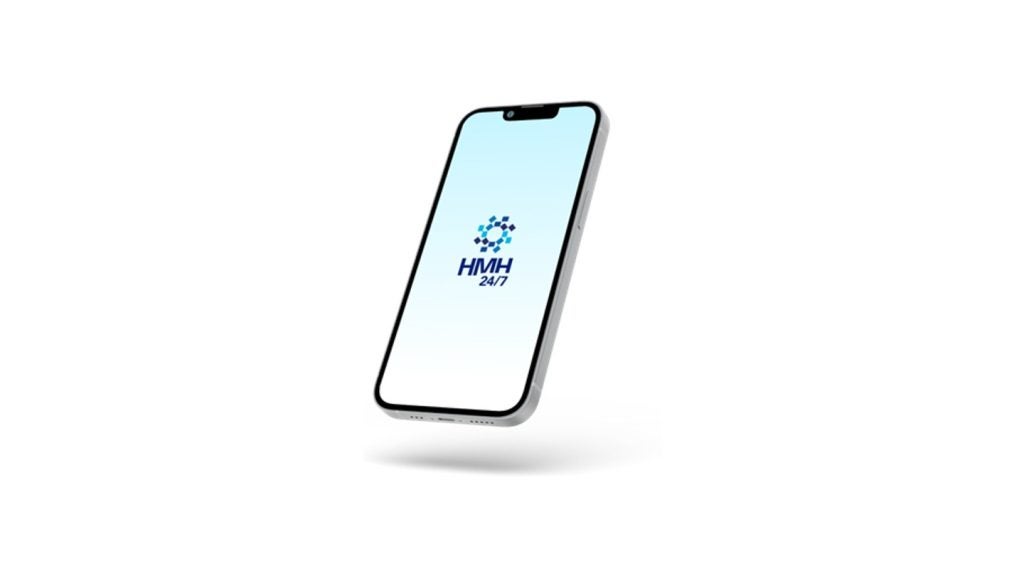Hackensack Meridian Health, a health network based in New Jersey, US, is set to roll out HMH 24/7, a new AI-powered solution, designed to integrate virtual and in-person care.
Development of HMH 24/7 is a collaborative effort with New York-based company K Health.
The collaboration aims to scale primary care using K Health's advanced AI technology.
Hackensack Meridian said that the new initiative is set to revolutionise the way patients interact with healthcare providers by offering a connected, personalised experience through their mobile devices.
HMH 24/7 will enable patients to access Hackensack Meridian Health clinicians for a wide range of primary care needs such as sick visits, preventive services, and chronic care management.
It aims to provide clinician support for managing each patient's care journey, with all interactions recorded in the Hackensack Meridian Health medical record system, ensuring a cohesive care experience.
Scheduled to launch later this year, the solution will provide clinicians with comprehensive insights into patients' health profiles, further supporting informed, data-driven clinical decisions.
HMH 24/7 is designed to be a fluid extension of the Hackensack Meridian Health ecosystem, with its physicians utilising the same electronic medical record (EMR) system as the network's physical locations.
This integration guarantees a smooth transition for patients within the Hackensack Meridian Health network, whether they require screening exams, lab tests, or more complex treatments.
Hackensack Meridian Health CEO Robert Garrett said: “Our partnership with K Health couldn’t be coming at a better time, as the clear shift in primary care is uncovering the need for hybrid models that seamlessly connect virtual and in-person care across the care continuum.
“We know patients want virtual care, but understanding how to deliver that in the context of a larger health system is where HMH 24/7 stands us apart.”
The strength of HMH 24/7 is in its capacity to optimise clinical workflows.
By automating administrative tasks such as intake and data entry, the platform allows doctors to concentrate on delivering tailored care to patients.
This focus on personalisation is expected to enhance the overall patient experience and lead to improved health outcomes.
















